 Your shopping cart is currently empty
Your shopping cart is currently empty
Recommended products
- Wikimole
- New Product
- Product IDT1765
- Signaling Pathway
- Target
- Product IDT14390
- Signaling Pathway
- Target
- Product IDT9912
- Signaling Pathway
- Target
- Product IDT81263
- Signaling Pathway
- Target
- Product IDT74698
- Signaling Pathway
- Target

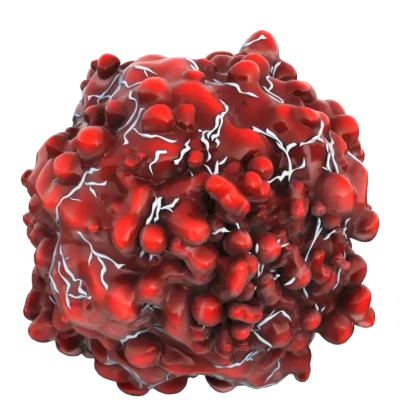



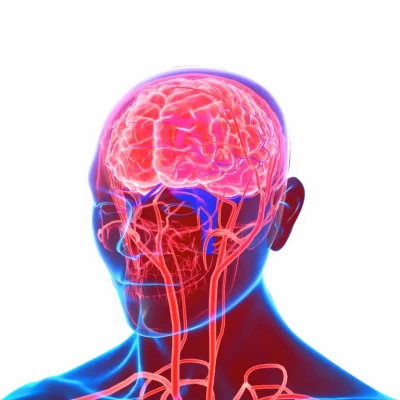

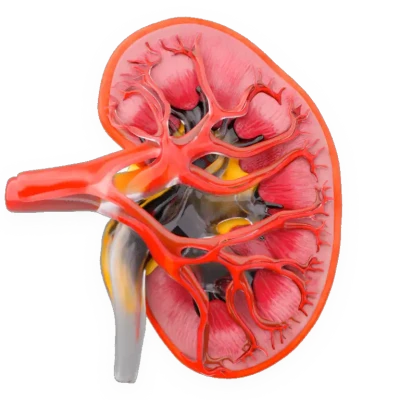

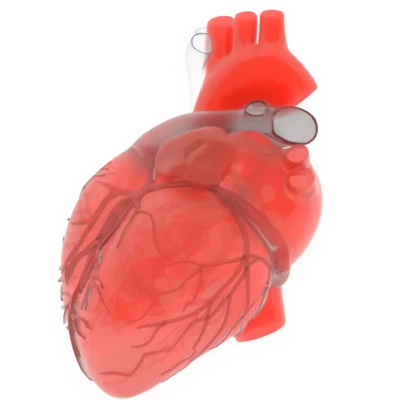

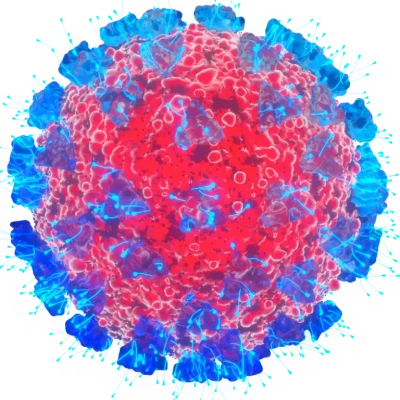


Signaling Pathway / research field
Empowering numerous drug development teams

Tumor/Cancer
Cancer is a serious disease caused by the unrestricted proliferation of cells in the body that lose normal growth control. It can occur in any part of the body, such as the lungs, breasts, colon, and skin. Cancer is one of the major threats to global health, causing millions of deaths each year and bringing profound pain and economic burdens to patients and their families. In recent years, there has been significant progress in the field of cancer treatment, especially in areas such as targeted therapy and immunotherapy. Researchers are working hard to discover new biomarkers and treatment methods to further improve treatment effectiveness.

Immunology and Inflammation
Immunology and Inflammation diseases constitute a diverse and complex array of health problems, primarily involving abnormal reactions of the immune system. These diseases include autoimmune conditions such as rheumatoid arthritis and systemic lupus erythematosus, as well as conditions like asthma and allergic diseases, which are caused by the immune system's overreaction to environmental factors. The complexity of these diseases stems from their pathogenesis, involving a combination of genetic factors, environmental influences, and lifestyle choices. They pose not only a challenge to individual health but also place a significant burden on public health systems.In recent years, the medical research field has focused on deciphering and modulating the mechanisms of the immune system to develop more effective treatment methods. This includes precisely regulating immune responses, developing innovative drugs targeting specific immune pathways, and exploring new strategies for mitigating inflammatory responses.

Neurodegenerative Diseases
Neurodegenerative diseases are a group of conditions that affect the nervous system, primarily characterized by the gradual degeneration and death of nerve cells. These diseases include Alzheimer's disease, Parkinson's disease, Huntington's disease, and others, often leading to cognitive decline, impaired motor skills, and other neurological dysfunctions. With the aging of the global population, the incidence of these diseases is gradually increasing, posing significant challenges to patients and their families. The exact causes of neurodegenerative diseases remain a focal point of scientific research. It is currently believed that genetic factors, environmental influences, and lifestyle choices may all play a role in the development of these diseases. Due to the varying symptoms and progression patterns of these diseases, research and treatment present a high level of complexity.

Endocrine and Metabolism
Endocrine and metabolic diseases, such as diabetes, thyroid disorders, adrenal diseases, and obesity, are caused by abnormalities in endocrine gland functions or disruptions in metabolic processes. The endocrine system, which includes the thyroid, pancreas, and adrenal glands, regulates numerous physiological functions in the body by secreting hormones. These hormones directly affect the body's metabolic processes, such as the synthesis and breakdown of substances. When this balance is disrupted, it can lead to abnormal energy metabolism, severely affecting patients' daily lives and health. In recent years, research has focused on developing new therapeutic drugs for these diseases, optimizing existing hormone replacement therapies, and gaining a deeper understanding of the impact of genetic and lifestyle factors on these diseases. The goal is to improve treatment efficacy, reduce drug side effects, and enhance patients' quality of life.

Cardiovascular Diseases
Cardiovascular diseases refer to a group of conditions affecting the heart and blood vessel system, including coronary artery disease (leading to angina and myocardial infarction), hypertension, heart failure, cerebrovascular diseases, and others. These diseases are often closely associated with impaired vascular health, such as atherosclerosis, and lifestyle factors such as unhealthy diet, lack of exercise, smoking, and excessive drinking are also major contributors. Cardiovascular diseases are one of the leading health problems worldwide and are among the primary causes of death in adults. Prevention and treatment of cardiovascular diseases require not only lifestyle changes but also play a crucial role in pharmacotherapy and surgical interventions. Researchers are dedicated to deciphering the pathogenesis of cardiovascular diseases and developing and testing new drugs and treatment strategies to more effectively address the challenges posed by these diseases.

Infectious Diseases
Infectious diseases are illnesses caused by various pathogens such as bacteria, viruses, fungi, or parasites, and they can be transmitted through various means including air, food, water, or direct human contact. Common infectious diseases include influenza, HIV/AIDS, tuberculosis, malaria, and novel coronavirus diseases. These diseases pose a serious threat to global public health.

Organoids and Stem Cells
Organoids are three-dimensional miniature tissue structures cultured in a laboratory environment, capable of mimicking the cellular composition, structure, and function of real organs, and have become an important tool in modern biomedical research. They play a key role in constructing disease models, drug screening, and toxicity testing. Organoids typically originate from stem cells, which can differentiate into various cell types under specific culture conditions, eventually forming organoids. As the core of this process, stem cells have remarkable self-renewal capabilities and the potential to differentiate into various cell types.
Compound Libraries
We can provide a library of over 1000 small molecule compounds with diverse types, structures, sources, and scales for high-throughput screening in new drug discovery, helping drug developers discover promising compounds.
Citation
From research institutions to leading pharmaceutical companies, our products & services empower scientists to achieve groundbreaking discoveries. Explore citations from top-tier journals that validate the quality and impact of our products.
Citation
 2025,639(8056):1-9.STING agonist-based ER-targeting molecules boost antigen cross-presentation
2025,639(8056):1-9.STING agonist-based ER-targeting molecules boost antigen cross-presentation 2025,188(7):1858-1877.e21.Lysine vitcylation is a vitamin C-derived protein modification that enhances STAT1-mediated immune response
2025,188(7):1858-1877.e21.Lysine vitcylation is a vitamin C-derived protein modification that enhances STAT1-mediated immune response 2025,188(5):1297-1314.e24.Early fusion intermediate of ACE2-using coronavirus spike acting as an antiviral target
2025,188(5):1297-1314.e24.Early fusion intermediate of ACE2-using coronavirus spike acting as an antiviral target

Copyright © 2015-2026 TargetMol Chemicals Inc. All Rights Reserved.


















































What our customer says
We work with Targetmol for a couple of years in the Swiss market and our successful partnership has resulted in fast growth of the Business. We look forward to a long-lasting collaboration.What Our Customer Says
Targetmol offers a wide range of high-quality products. The ordering process is seamless and the delivery is always prompt.What Our Customer Says
We have worked with Targetmol for a couple of years in the Swiss market and our successful partnership has resulted in the fast growth of the business. We look forward to a long-lasting collaboration.What Our Customer Says
We have been purchasing compounds through TargetMol for many years now with many satisfied customers. The excellent quality of the products and short delivery time especially from EU stock stick out. Furthermore, we have good experience with TargetMol’s synthesis capabilities.What Our Customer Says
I have ordered several small molecule inhibitors from TargetMol, such as CB89, RSL-3, rebastinib, EPZ6438 and others. These inhibitors have high quality as committed and they showed the specific inhibitory functions in both in vitro and in vivo experiments.What Our Customer Says
Tebubio is delighted of the partnership with TargetMol, facilitating the access of researchers to their molecules throughout Europe and the UK. TargetMol offers an unbelievable Life Sciences catalog with high-quality products such as inhibitors, compounds, natural products and libraries among others.The flexibility in amount supply, from small to large quantities is perfectly fitting with the needs of the European Research Community.